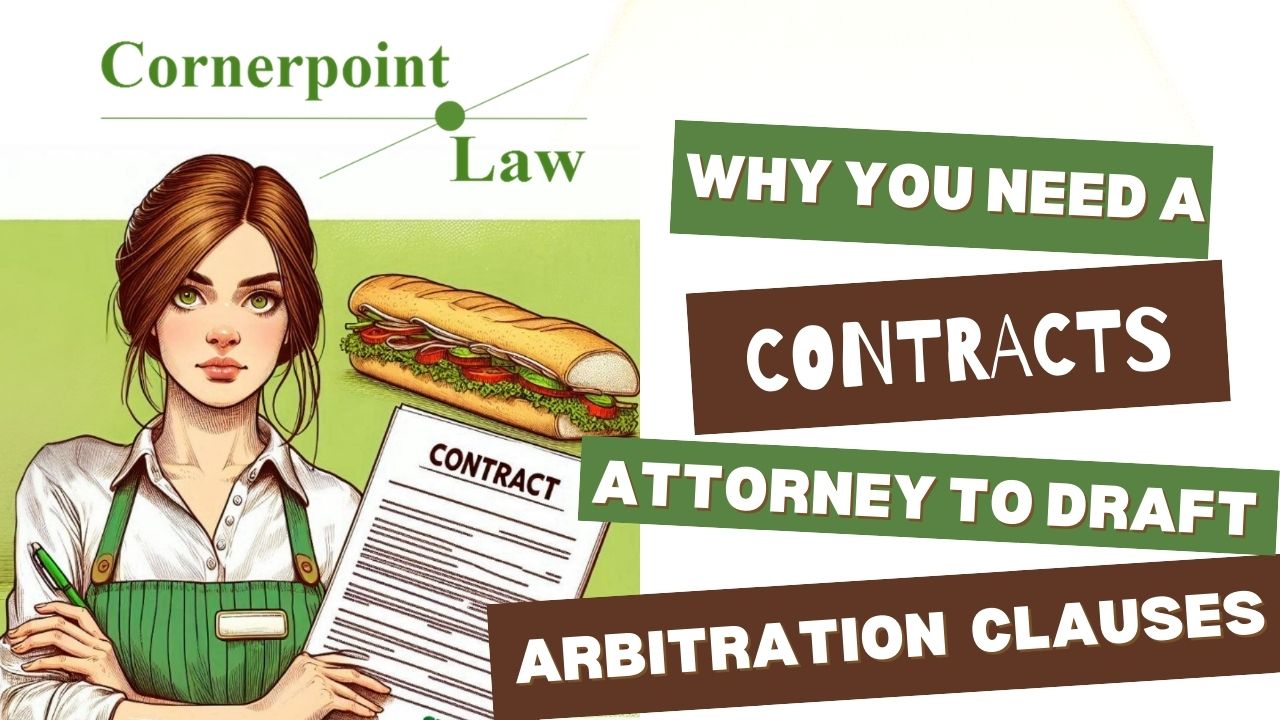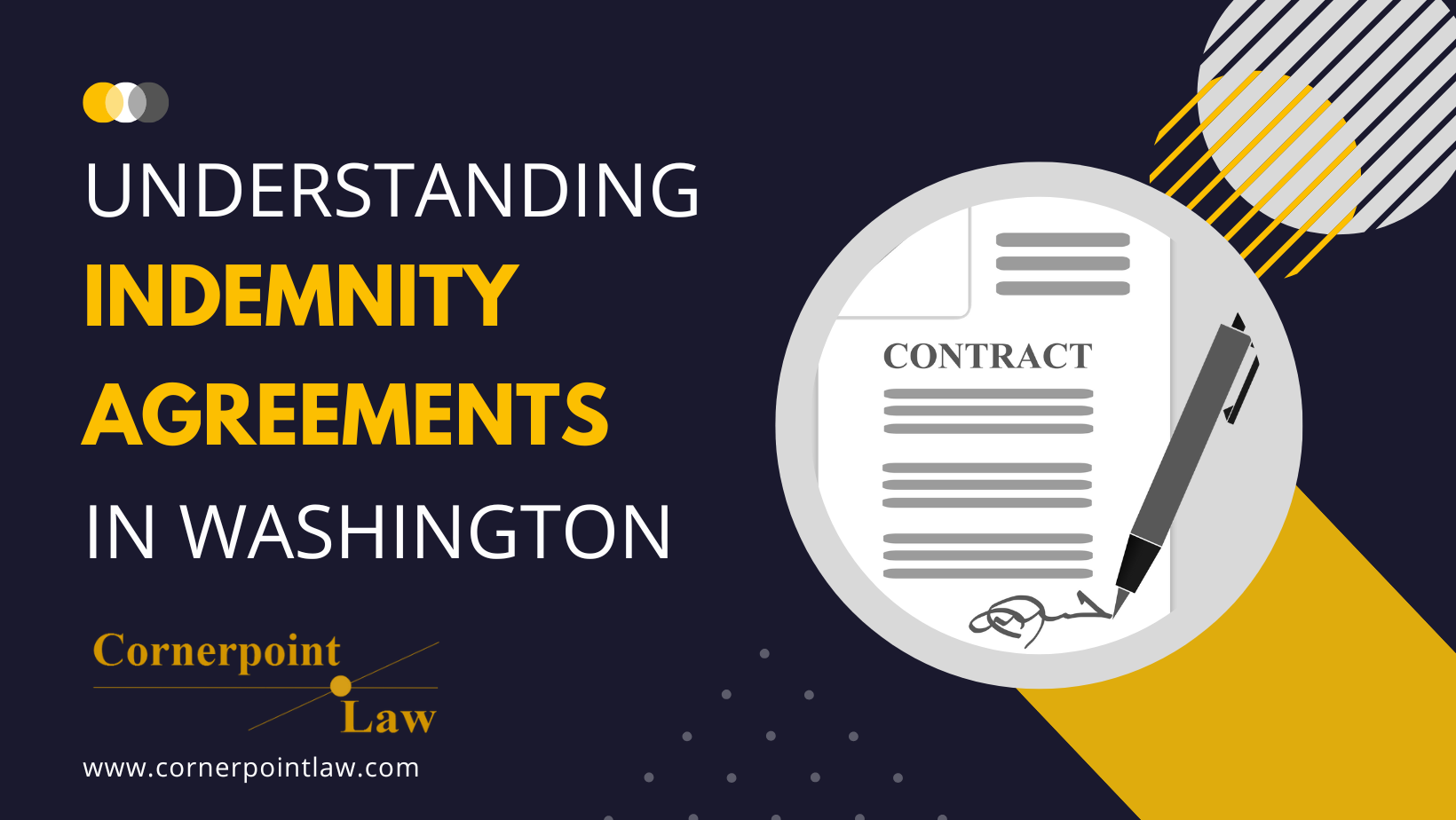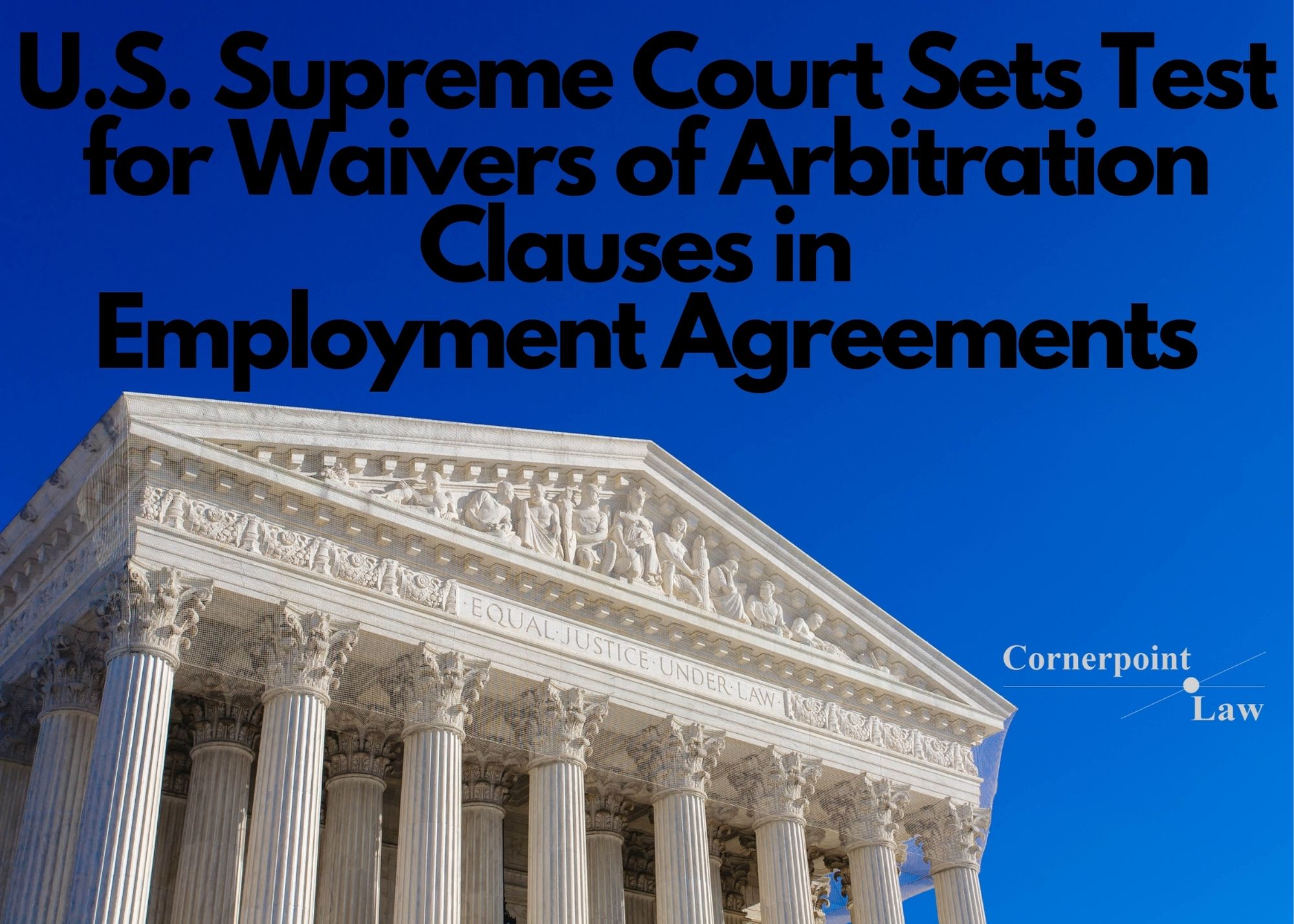Why You Need a Contracts Attorney to Draft Arbitration Clauses
January 21, 2025
Unauthorized use and/or duplication of blogposts without express and written permission is strictly prohibited. Excerpts and links may be used, provided that full and clear credit is given, and with appropriate and specific direction to the original content.
The author of this post can be reached by phone at 206-693-2718 or by email.
Business contract attorneys play a crucial role in drafting effective arbitration clauses in business and employment agreements, aiming to align the legal interpretation of the clause with client goals.
What is arbitration?
Arbitration is an imperfect alternative to courts and juries. It offers a mostly private resolution for legal disputes. But if private arbitration is desired, it needs to be written in a contract. It is vital to clearly define which disputes should go to arbitration because precision (or lack thereof) in contract drafting can significantly impact how disputes are resolved.
Why does the wording in an arbitration clause matter?
Whorton v. Fran Rest, LLC, from Division One of the Washington Court of Appeals, highlights the importance of precise words in arbitration clauses. In this case, decided January 6, 2025, a sandwich shop employee filed a lawsuit in court. She claimed that her employer failed to provide required rest and meal periods for her and other employees.
An employee handbook discussed rest and meal breaks. There was a separate “acknowledgment” document that the employee signed confirming receipt of the employee handbook. The acknowledgement document said that disputes “under or relating to” the acknowledgment document should go to arbitration. While the employee handbook discussed rest and meal breaks, the acknowledgment document did not.
The employer, presumably hoping to avoid a potential class action dispute in court, attempted to move the lawsuit to private arbitration based on the arbitration clause in the acknowledgment document. But both the trial court and the appellate court ruled in favor of the employee. The courts found that the acknowledgment document did not cover rest and meal breaks, and therefore the employee’s claims were not “under or relating to” the acknowledgement document. Thus, absent a contrary ruling from a higher court, the employer will not get private arbitration.
Interestingly, one appellate judge found in favor of the employer because the acknowledgment document referenced the handbook, and the handbook referenced a rest and meal break policy. So, in his legal opinion, the claims were “under or relating” to the acknowledgment document.
Meet Attorney Stacia Hofmann: Specializing in Business and Employment Contracts
As an attorney specializing in business and employment agreements in Washington and Idaho, Stacia Hofmann and Cornerpoint Law help clients decide whether to include arbitration clauses in their contracts. She works to align any arbitration clause language with client goals. One of the judges in the Whorton case called the acknowledgment document, drafted by an unknown author, “pretty poorly written.” Words in a contract really do matter. By meticulously drafting and negotiating arbitration clauses, you can avoid misunderstandings and legal complications, ensuring smoother and more predictable resolutions for disputes with the other party to your contract.
Email or call Stacia to see if Cornerpoint can help with your questions about arbitration or contracts.




